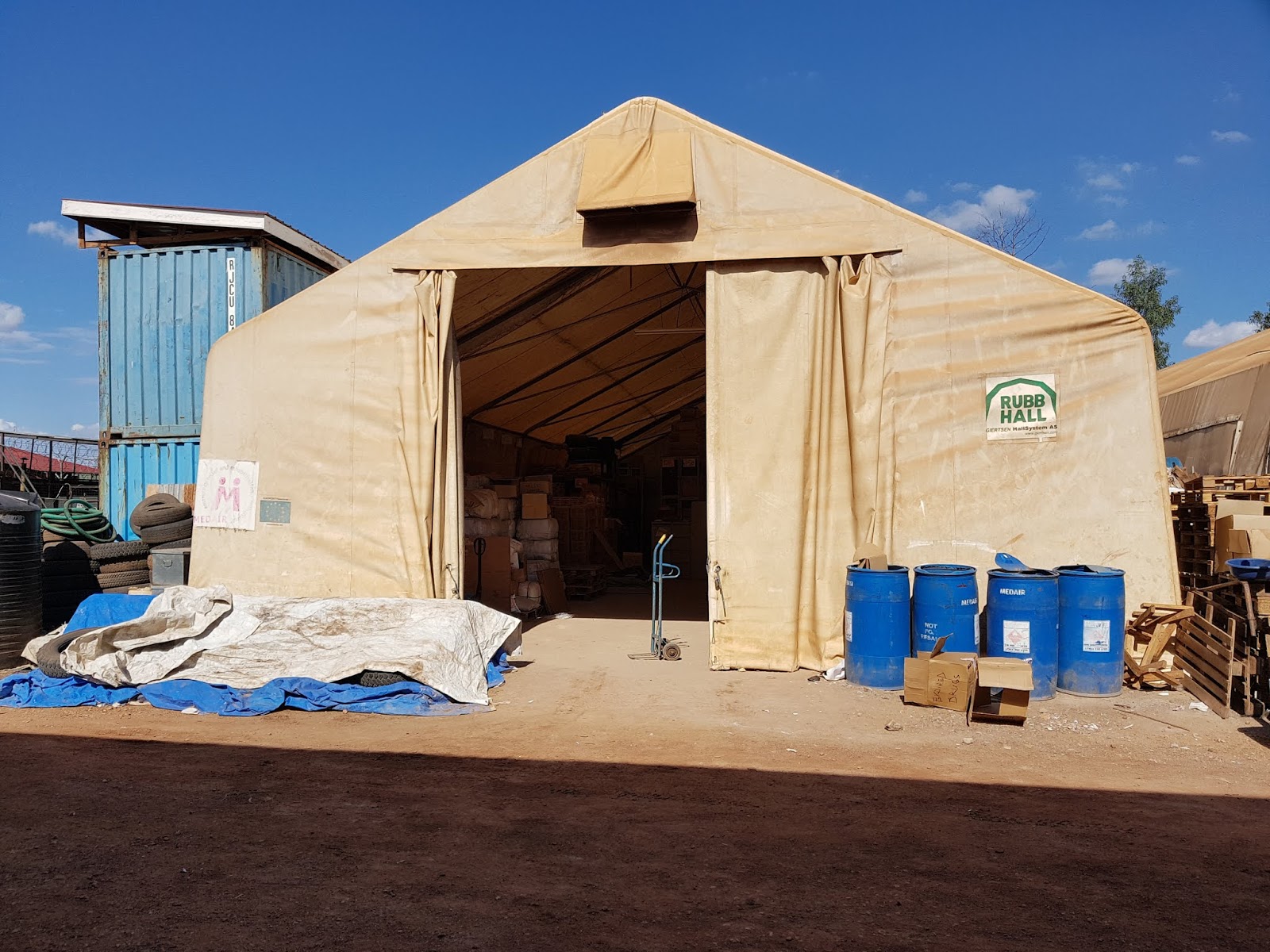Traveling by road across South Sudan was considered a perilous ride before. This is because of the uncertain security situation in different areas. There were on-going armed hostilities between the South Sudanese Armed Forces and non-state armed groups in addition to inter-communal clashes like cattle raids. Next, there is still continuous cross-border movements of people into South Sudan. Lastly, perennial flooding results in temporary displacements of the population and periodically makes surface travel impossible.
The only paved road in the country is the one coming from Khartoum and ends halfway in Renk. All the rest are dirt roads or compacted ones. Even then, I have observed that there were dead trees or shrubs placed in the middle of these compacted roads.
These days, there has been an increase in the number of people traveling by road. However, taking a plane ride to your destination, although a bit expensive is highly recommended.
There are no local airline company operating in the country. To get from one point to another, you have to book yourself an United Nations Humanitarian Air Service (UNHAS) flight and depart form the Juba International Airport. Nope, not the previous airport I posted earlier but the one beside it. This is the real Juba Airport Scrum!
The departure terminal are a cluster of Rubb Halls. These are humongous tents often used as warehouses with dirt floors. My friend who was traveling me told me that the one we have now is in a better condition than it was before. He still remembers canopy tents and flooding during rainy days.
Before we went to the airport, he told me that I should stay near to him and move fast. He says we just need to keep pushing forward or else we might get left behind. Thankfully, our flight was scheduled on a slow day so I did not really need to shove a lot.
We first went to the middle tent and headed to a counter on the left side where our baggage was weighed in. At this point, my shirt was already drenched in sweat! After that, our bags were tagged and we were given our boarding passes.
We then have to wade our way through people to reach the end where we presented our bags for a physical check. Once these were through, we moved our way back to the front of the tent and transferred to another Rubb Hall which serves as a predeparture area.
We then have to wade our way through people to reach the end where we presented our bags for a physical check. Once these were through, we moved our way back to the front of the tent and transferred to another Rubb Hall which serves as a predeparture area.
In the predeparture area, there are wooden benches and cold drinks are sold. Nope, there are no fans or air-conditioning available here. You can also notice that hardly anyone is fanning but me, because I have my trusty abaniko! You have to keep your ears sharp or else you might miss the man shouting the departure information.
Unlike the arrival terminal where most of the people coming in were foreigners, in the departure area it was a mix. There was a mix of locals and humanitarian aid workers.
Most of the flights from here to any point in the country is through small planes and helicopters. Ours was a 15 seater that was flown by two white haired Russians. It was a turbulent ride that at one point left my internal organs at a higher altitude than my body.
We landed on the roughest airport in South Sudan with me trying to hold all the food in my stomach in.
Most of the flights from here to any point in the country is through small planes and helicopters. Ours was a 15 seater that was flown by two white haired Russians. It was a turbulent ride that at one point left my internal organs at a higher altitude than my body.
We landed on the roughest airport in South Sudan with me trying to hold all the food in my stomach in.













0 komentářů: